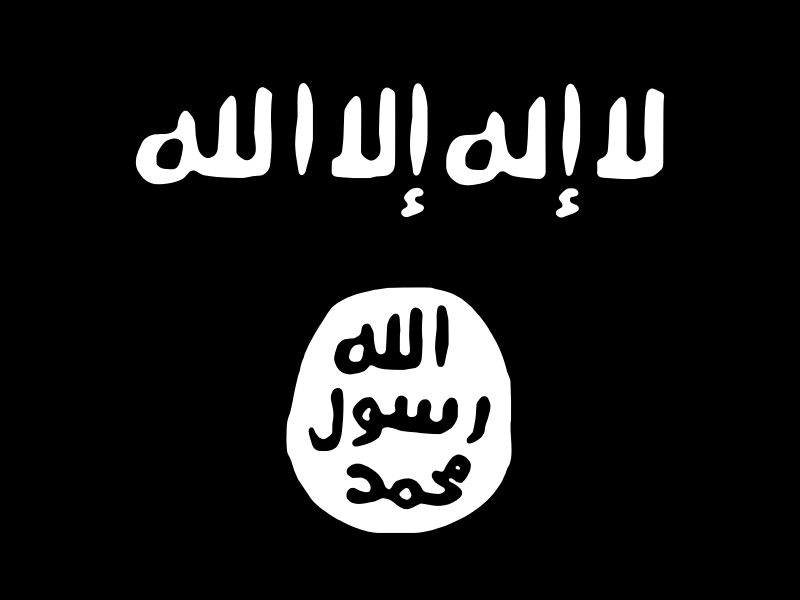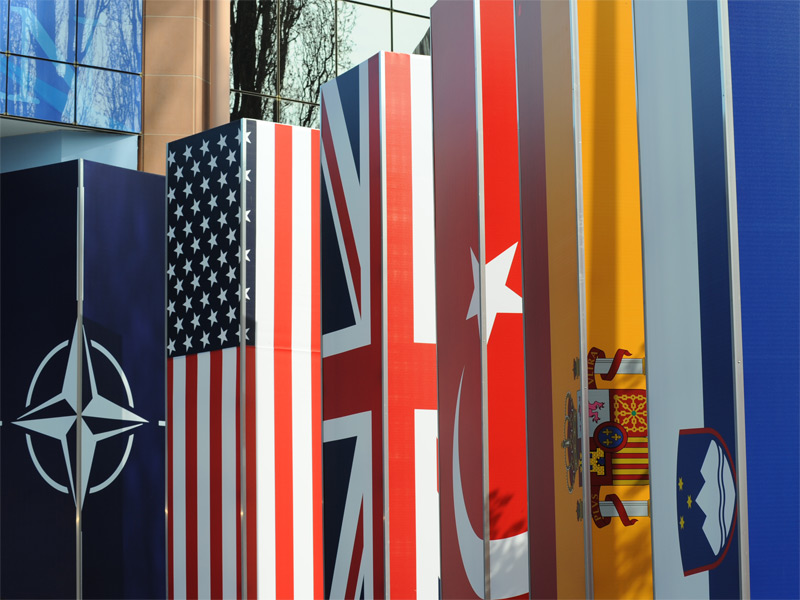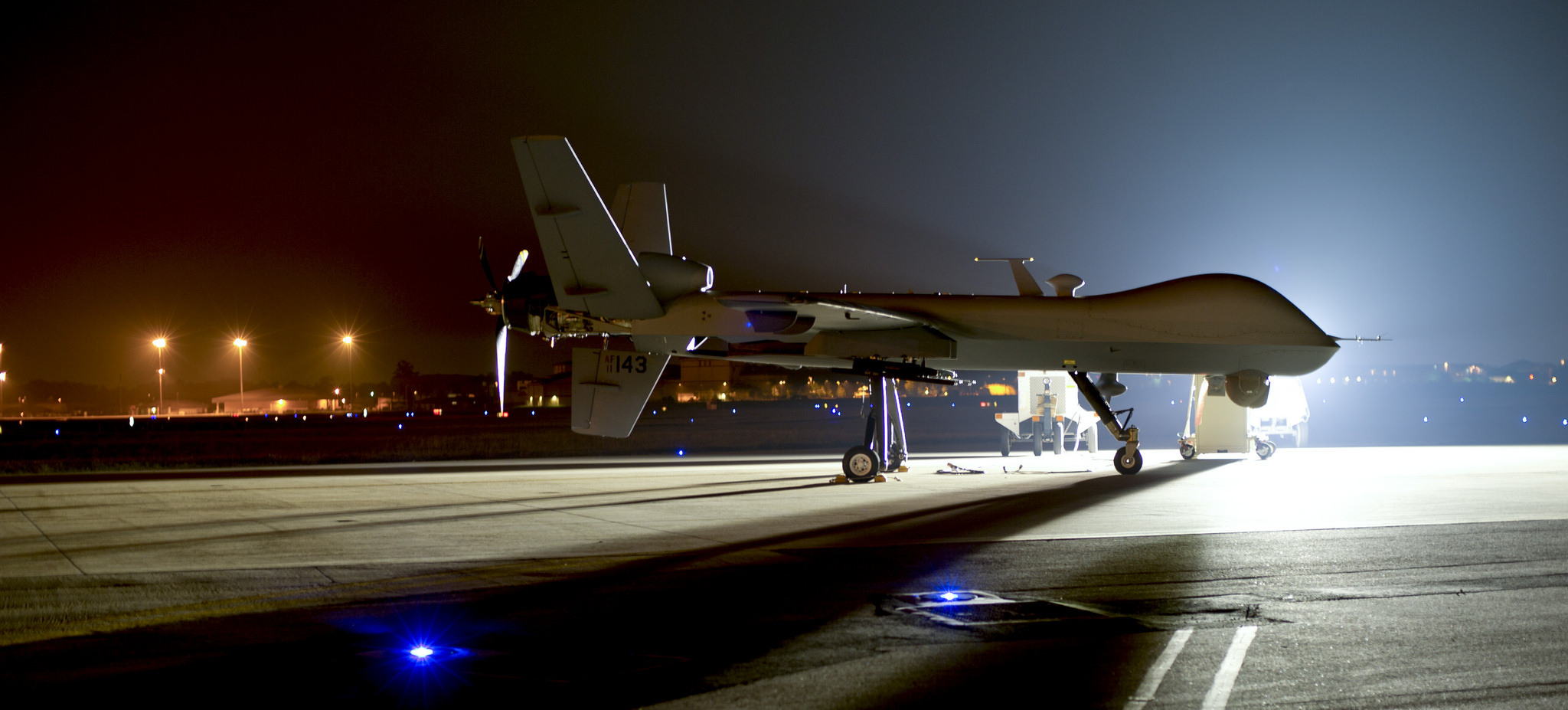We do not know much really about this weekend’s attack at LAX, so it is really too soon to speculate. However, it is not too soon to think about a key dynamic that may play out here. The first indications seem to be that the perpetrator affiliated himself with far right-wing extremist conspiracy theorists. The Southern Poverty Law Center puts the references to NWO and fiat currency* into context within the explosion of extremist groups that occurred at the same time as both an economic meltdown and the election of black president. So, we might be considering this guy a terrorist, but given the reports that his family considered him to be potentially suicidal, it is more likely he will be seen as a crazy person than a terrorist. That, and, well, we have tended over the past ten or so years to think of terrorists only being those who are Muslim.
*Perhaps part of the reason we treat the far-right folks with less seriousness is that their obsessions are so strange. We have had “fiat currency” — paper money — for a hundred years. Time to get over it, eh?
We know better than that — there has been much terrorism over the years in the US by people who are not Muslim but are Puerto Ricans, African-Americans, Jews, Croatians, anarchists, Armenians, anti-abortionists, environmentalists, and, of course, white folks such as Timothy McVeigh and Terry Nichols. The strange thing is that we tend to consider most of the non-Muslims folks not as terrorists, but as crazy and as criminals. The question: Is this a problem or a feature of American democracy? Is this just a feature of post 9/11 America?
One take on this is: It religious discrimination when Muslims have become viewed as the only “real” perpetrators of terrorism. This, of course, would be a problem. It does seem pretty clear from the discourse after each event that those involving Muslims are seen as terrorism rather than as acts of crazy, random people. Those who kill in the name of Christianity or in the name of white supremacy are not seen as terrorists. Timothy McVeigh might be considered differently today.
Another take on this is, when thinking about white supremacists and other far right folks, that these acts are criminal acts and not political ones. If we treat the crimes of these people, the white nationalists, anti-government folks, as political, then one might have to code the US as facing an insurgency; that there is a political movement in the US using unconventional tactics to attack the political system; that we are in the midst of a civil war. That would seem to be worse than treating the situation as a bunch of crazy people with crazy theories about the political system and treating the problem as a criminal one. Following the latter strategy probably makes Americans feel better than acknowledging the reality that there is a bit more unity and coherence among a certain brand of “crazy people” who focus on the United Nations, black helicopters, and other common memes and themes of the far right.
To be sure, there is significant politics affecting this stuff as the more ordinary right-wing politicians do not want the further right-wing folks to be considered terrorists. Government analyses of such folks are “politically motivated” even if, well, the far right has killed more Americans via terrorism in the United States since 9/11 than terrorists tied to Islam.
Anyway, the question that I started with is this: Is the coding of much terrorism as crime rather than as terrorism a feature of American democracy or a bug? When we think about places like Iraq and Afghanistan, the idea was not to turn them into Norway but to reduce opposition to the government from insurgencies threatening the entire political order into lower levels of violence that could be considered a criminal problem rather than a major political crisis. So, in this light, treating the radical right violence as a criminal problem is actually a feature, a positive thing, about the American political system — they are so marginal that they are not treated seriously as a political movement.
Of course, the flip-side of this is that we discriminate against Muslims and do diminish the threat of white nationalism and radical right movements. So, I am conflicted. I am not sure I want this latest violence to be seen as terrorism but I am not sure I don’t want it to be seen as terrorism.
To paraphrase from the constructivists, violence is what we make of it. So, what should we make of the LAX attack? And of other attacks by folks with “crazy” far right leanings?
A version of this piece was first published at the author’s blog.






0 comments
To paraphrase from the constructivists, violence is what we make of it. So, what should we make of the LAX attack? And of other attacks by folks with “crazy” far left leanings?
I’m fairly certain that, in the U.S. at least, there are pretty few terrorist attacks carried about by far-left extremists and fewer and fewer as the years go by.
Which is not particularly surprising, given that the far-left doesn’t really exist at all in contemporary American politics.
Well to start, some of them really are insane. I suspect that’s a minority, but some of them are.
However I won’t pretend that there isn’t a bit of denial about this, particularly around the right wing. I believe it was Walt over at Foreign Policy who pointed out that in the immediate aftermath of the 2011 Norwegian massacre, the Wall Street Journal put up an op-ed blaming the attack on Al Qaeda and though they did edit the details when the real culprit (a Caucasian right wing extremist) was revealed they issued no apology.
To be fair blame is occasionally assigned in the opposite direction, like when the April 15th date (tax day) of the Boston Marathon bombing was widely suspected to be evidence that the attack was carried out by American right-wing terrorists.
Based on all that’s been reported, this fits the standard definitions of terrorism: a political act of violence against the government, a stated motive of making others fearful, and the killing and injuring of innocents. If the guy were from Egypt the question whether this is an act of terrorism wouldn’t be raised. We need to find out more about him, but it wouldn’t hurt to ask as well why so many of us aren’t sure this an act of terrorism because the suspect isn’t Muslim.
Terrorism is a method, not an ideology.
It may be a method but not all idelogies are compatible with using violence againist civilians as a means to political ends. Far-right groups may overvalue what they defend and undervalue the lives of others, especially “traitors” or outsiders to their civilization, race, or ethnicity.
If I were to put together an improvised explosive device to kill someone because they cheated in a card game or was feeling suicidal and wanted to shoot myself along with multiple other people I don’t believe either would fit into the definition of terrorism. The former would be a regular crime and the latter would be a regular crime along with mental issues. Terrorism requires clear political goals based around using the tactic of targeting civilians.
Politics is the theory and practice of determining whose will shall prevail. In the case of the average criminal, the political scope is small; the ‘normal’ criminal wants only to take something away from another or a few others, or exploit them in some destructive way. So we do not usually think of it as politics. (Exception: ‘the personal is political’, etc.) Normal politics, as we generally use the word, has a larger scope, and hence we usually designate explicitly violent operations in pursuit of political control as ‘war’. War can have different levels. Terrorism is the method of war appropriate to those who are too weak to wage conventional large-unit war or guerrilla operations. Hence it focuses on terror, symbols, and soft targets, rather than materially strategic targets, which would require more force. However, its fundamental intention is not different from conventional war waged by nation-states, at one end of the spectrum, or stickups, murders, rapes, and neighborhood gang fights at the other.
I’d rather not introduce questions of sanity into the definition, because it is clear that those who initiate wars and crimes on any scale can be always defined as ‘crazy’ — or not. It would depend on the values of the observer.
It is clear that assigning terrorism to a particular religion, race, nationality, locality, and so on, is simply an exercise of bigotry and cannot be taken seriously.
It’s worth noting that anarchist terror was very much a contemporary issue in the late 19th and early 20th centuries, and fear of Red terrorists inspired the excesses of the Palmer raids as late as the 1920s. The association of Jews and Italians with labor radicalism was a significant factor (although far from the only one) in stoking nativist prejudice around this time.
So the conflation of “terrorist” with “Muslim” is very much a late-20th century phenomenon, I suspect dating from the rise of the Palestinian terror groups in the early 1970s.
Quantitatively, we are comfortable with quite a high level of criminal violence, as shown in the increasingly bored reaction to spree killings. Why do we construct “terrorism” as a significantly more frightening event than random spree killings by heavily armed mental patients, which we regard as criminal acts?
Terrorism is a political challenge while mass murder is not, and apathy to mass shootings is more an American phenomena where we simply assume that politicians, especially those afraid of facing NRA-sponsored challengers, will do nothing to realistically handle the issue.